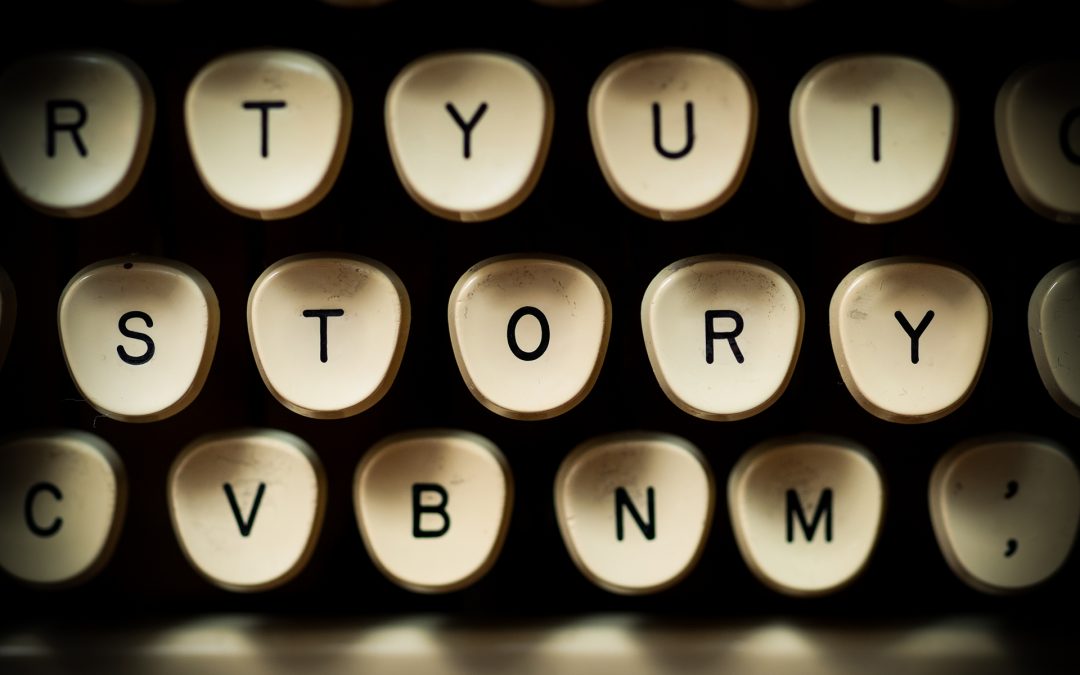One of my kids is particularly susceptible to fear. He is incredibly perceptive and aware, and therefore he sees danger and risk in places where other kids may miss it. He can be cautious, easily concerned, and slow to take risks.
He has a sibling who is the extreme opposite. At her best she is bold, fearless, and full of courage. At her worst, she seems to lack a basic sense of self-preservation.
The other day he was telling me that he wishes he was brave like his sister. He said he doesn’t understand why he has to feel afraid so often.
I told him that I see and care about his fear. But I also told him that he is brave. In fact, I think he is one of the bravest kids I know. He sees the danger, he carefully considers the risk, and then he does the thing.
He started baseball, even though he was the youngest on the team and the only one who hadn’t played before. He chooses to play goalie in soccer, even though he knows it’s the most high-pressure position. He volunteers for speaking parts in plays, he climbs trees, he rides his bike a little further from the house each summer.
He sees the danger, calculates the risk, and does the things, despite the fear.
As Mark Twain said, courage isn’t the absence of fear, but choosing to act in spite of it.
He lit up when I told him he was brave. The next morning, he was feeling nervous about a test, and he said, “But you think I’m brave, right? I can handle it.”
And he can.
I was reminded of how important it is to call out the qualities in our kids that they need but may not see in themselves. It is so important to tell them that we see the braveness, the strength, the kindness, the intelligence that they cannot see.
If my son constantly hears me call him anxious or refer to him as anxious, he is going to start to define himself in that way. But if he hears me call him brave and hears why I think he is brave, he is going to start to think of himself that way.
It’s not about denying reality or making up positive traits that don’t exist. It’s about saying that the struggle is not the defining characteristic.
This isn’t only true for how we talk to and about our children. It’s also true for how we talk to and about ourselves and each other.
I’m not a big fan of change, and transitions are always difficult for me. For many years, I repeated to myself that I hate change and am not good at it. That anthem is partly true, but it’s not the whole story.
And in the last few years, I’ve started telling myself the whole story. I often struggle with change, but I have successfully navigated a lot of change and transition in my life. It may not be easy, but I can do it, and I can figure out how to do it well.
Telling myself the whole story about myself has made changing seasons and transitions feel a lot more manageable.
What we tell ourselves and each other matters. How we describe our children and what we tell them about themselves matters.
Let’s call out the full story, the good, the true, and the healthy. Let’s affirm the whole picture of who we are and what we are capable of.


